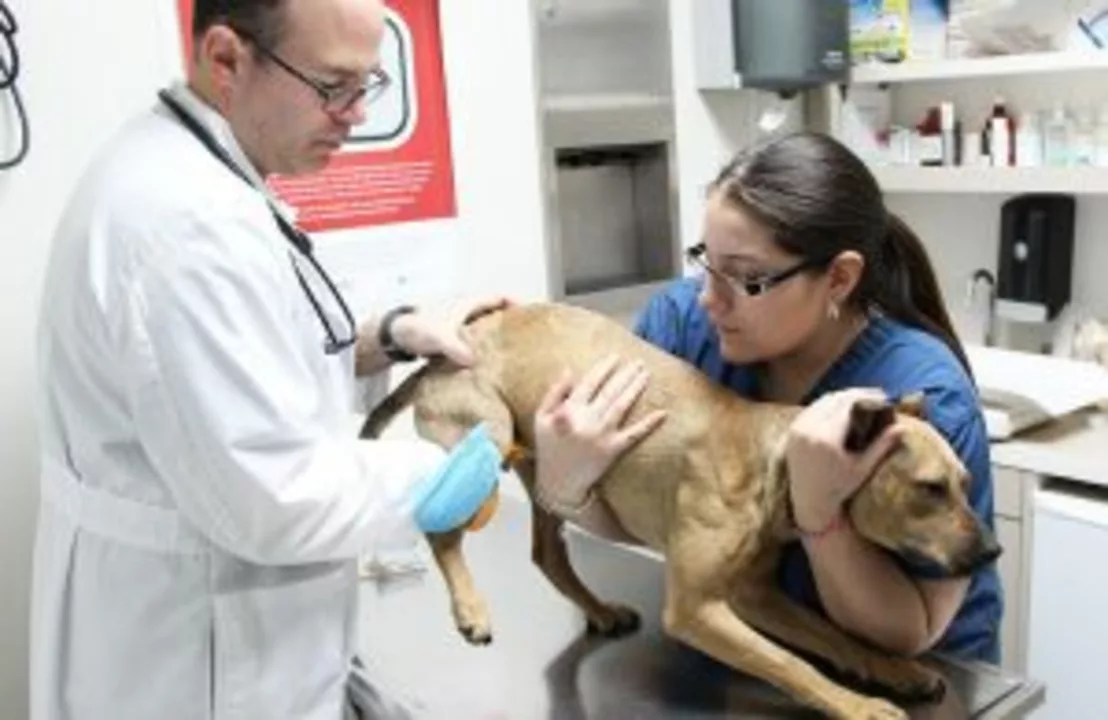Veterinary Health: Practical Medication and Supplement Advice for Pet Owners
Giving your pet the right medicine at the right time makes a huge difference. You don’t need to be a vet to keep your dog or cat safe, but knowing how medicines like antibiotics and supplements work helps you ask better questions and avoid mistakes.
Antibiotics are common in veterinary care, but they’re not a fix-all. For example, clavulanate is often paired with amoxicillin to overcome bacterial resistance. That combo treats skin, urinary, and respiratory infections in many animals, but it should be used only when a vet prescribes it. Using leftover drugs or guessing doses can cause side effects or breed resistant bacteria that are harder to treat later.
When to call the vet
If your pet shows fever, persistent coughing, wound discharge, sudden limping, or changes in appetite and bathroom habits, call your vet. These signs could mean an infection or another urgent issue. Your vet can decide whether a drug like clavulanate plus an antibiotic is needed, or if another treatment is safer.
Also ask about tests. A simple urine test or skin swab can tell whether an antibiotic is needed and which one will work best. That saves time, money, and helps avoid unnecessary medications.
Using supplements and meds safely
Supplements can help with joint pain, coat health, or digestion, but they’re not regulated like prescription drugs. Tell your vet about any vitamins, fish oils, or herbal products you give your pet. Some human supplements contain ingredients that are toxic to animals or interact with prescription meds.
Follow these quick safety rules: always use the vet-prescribed dose, finish the full course of antibiotics unless told otherwise, store meds out of reach, and never mix drugs without veterinary advice. If your pet vomits, has diarrhea, or shows signs of an allergic reaction after a dose, stop giving the drug and call your vet right away.
Preparing for a vet visit helps too. Write down symptoms, changes in behavior, and any meds or supplements already given. Bring photos or videos if the problem is intermittent—visuals can speed up diagnosis.
Want to learn more? We have articles that explain specific drugs and their uses, like how clavulanate works alongside amoxicillin, common side effects to watch for, and safe alternatives for certain conditions. Read those posts to get clearer answers tailored to your pet’s needs.
Bottom line: medicines and supplements can really help, but they work best when chosen and monitored by a vet. Stay observant, ask questions, and keep records—those small steps protect your pet and make treatment smoother.

Clavulanate in veterinary medicine: Treating infections in animals
- May, 5 2023
- Daniel Remedios
- 5 Comments
As a pet owner, I understand the importance of keeping our furry friends healthy, and the role of Clavulanate in veterinary medicine cannot be overlooked. Clavulanate is a powerful drug that, when combined with antibiotics like Amoxicillin, helps effectively treat bacterial infections in animals. This combination, known as Clavulanic acid/Amoxicillin, works by preventing the bacteria from building a resistance to the antibiotics. It's commonly used for various infections in animals, such as skin, urinary tract, and respiratory infections. It's reassuring to know that medicines like Clavulanate are available to help our pets recover from infections and maintain their overall health.
